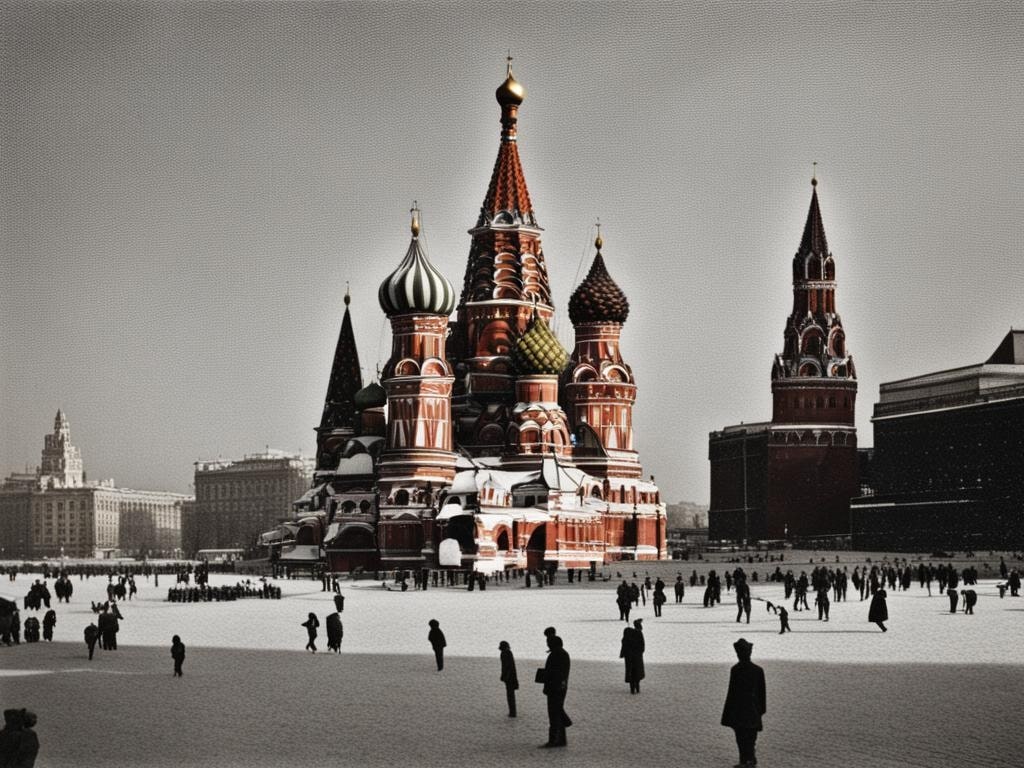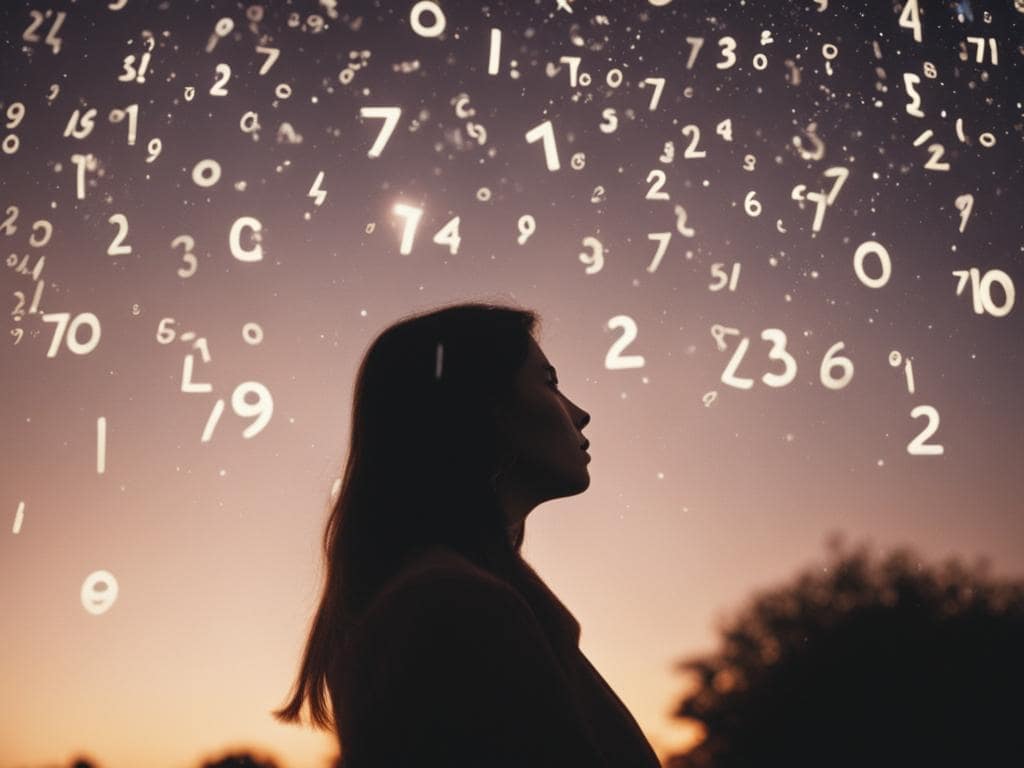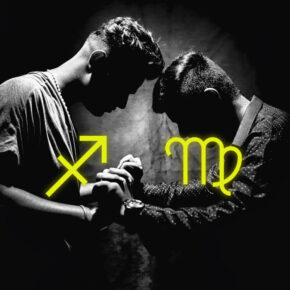Russia has some interesting ideas about numbers that they think are particularly lucky or important. Have you ever noticed how, in a lot of Russian stories and fairy tales, the numbers 3, 5, and 7 seem to come up a lot?
Those numbers aren’t just numbers to them, there’s actually a deeper meaning behind them in their culture. It’s like there’s some secret code around those digits that’s been passed down over time. If you’re interested in learning a bit about Russian culture and folklore, read on to find out why these numbers are so significant and what they symbolize.
Number 3: Spiritual Completeness
Three is a sacred number in Russian culture, representing spiritual completeness and the Holy Trinity. The number 3 appears frequently in Russian folklore and literature.
For example, in Russian fairy tales, the hero will often encounter challenges in threes before overcoming them. The third challenge is always the hardest, but by persevering, the hero will find success.
The number 3 is also woven into traditional greetings and well wishes. For instance, Russians may say “spasibo, spasibo, spasibo!” (thank you, thank you, thank you) to convey heartfelt gratitude.
You’ll even spot the importance of three in classic Russian literature. Characters are often faced with a trio of temptations or undergo transformations in three stages. Three may be the magic number, but for Russians, it holds a deeper sacred and spiritual meaning.
Number 5: Symbol of Unity And Church
The number 5 has special significance in Russian culture. In the Russian Orthodox church, the number 5 represents unity and the human soul. Beyond the church, 5 is just a lucky number for Russians in daily life. Giving gifts in multiples of 5, like 5 rubles or 5 flowers, is considered fortunate.
Many Russians believe the 5th day of the month is lucky for business deals or weddings. May 5th especially so, as it’s the only date with three 5’s!
Number 7: Good Luck And Fortune
The number 7 has long been associated with good fortune and prosperity in Russia. Gamblers will bet 777 rubles or place their chips on the 7 spot on the roulette wheel, hoping for a lucky win. Businesses will sometimes have a ‘lucky 7’ sale to bring good fortune and customers.
The origin of 7 as a lucky number in Russian culture traces back to folklore and pagan beliefs before Christianity came to the region. The 7 planets, 7 wonders of the world, 7 hills of Moscow and 7 days of creation all reinforced 7 as a mystical and auspicious number. Today, while less spiritual, 7 still remains a popular number for good luck and success in Russia.

Number 21: Triple Seven
The number seven itself is believed to be magical and mystical in Russian folklore. There are seven wonders of the ancient world, seven days in a week, and seven colors in a rainbow. Triple seven, 777, is considered an especially fortuitous sequence.
Adding three sevens together gives you 21, so that number inherits the lucky symbolism. In card games like blackjack, hitting 21 is the ideal hand. At birthday parties, 21 candles is a milestone worth celebrating.
The luck associated with 21 extends to dates as well. Couples will pick the 21st of the month for their wedding day, especially in the spring or summer. In business, the 21st is thought to be an auspicious date for signing contracts or launching new ventures.
13 As An Unlucky Number
The number 13 has always been seen as bad luck in a lot of cultures. Russia is no different there. People avoid it like the plague.
Many high-rise buildings in Russia skip labeling the 13th floor altogether, going straight from 12 to 14. Those that do have a 13th floor often find that units on that floor are the last to sell or rent. People just don’t want to live on the 13th floor!
Russians try to avoid having 13 guests at a dinner table. According to folklore, if 13 people dine together, one of them will die within the year. To prevent this, they will often set an extra place for an “uninvited guest” or ask one guest to leave before eating.
While younger Russians today may not truly believe these superstitions, the cultural aversion to the number 13 still lingers. When possible, it’s avoided out of long-held tradition and for good luck. After all, why take the chance?
For Russians, Numbers Are More Than Just “Numbers”
For Russians, numbers such as 3, 5, 7, and 21, have deep symbolic meaning and spiritual significance. The next time you find yourself there, really pay attention to how often certain numbers show up – I guarantee you’ll start noticing them all over the place.
Tapping into some of that symbolic luck could maybe even make your visit an even more magical experience. But even if the numbers don’t do anything for you personally, learning about cultural traditions different than what you’re used to can only help us all understand each other better and bring people together.








